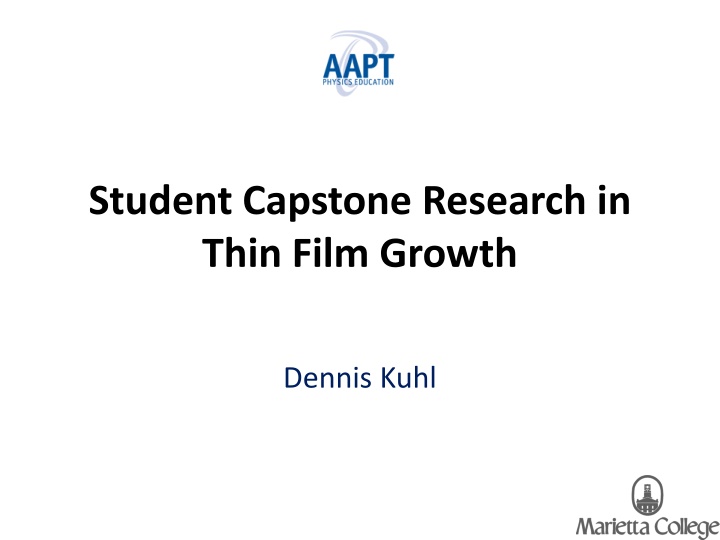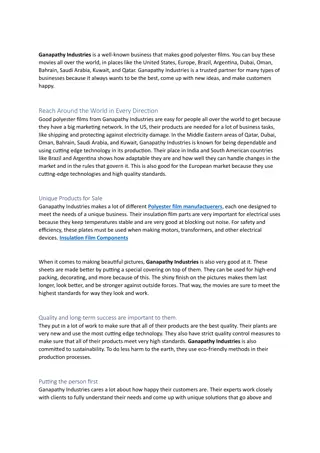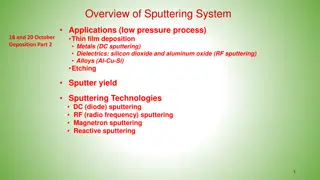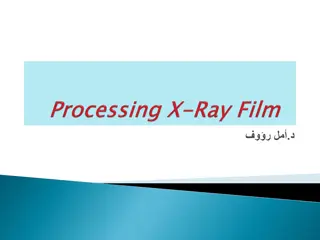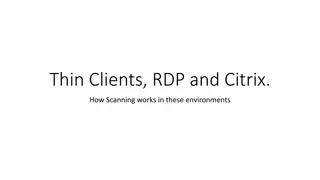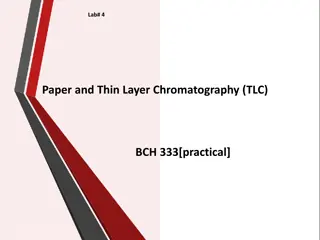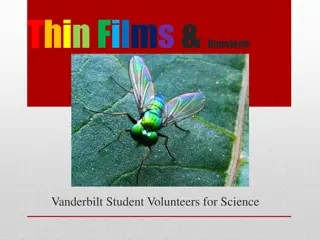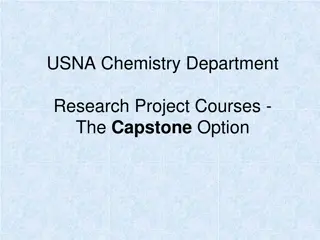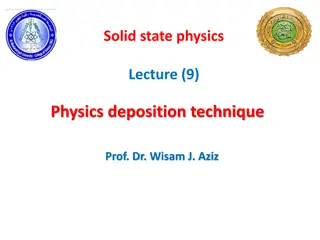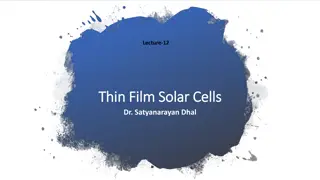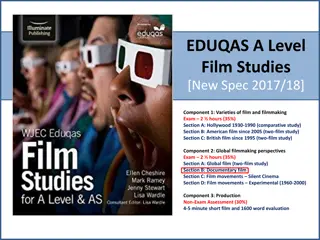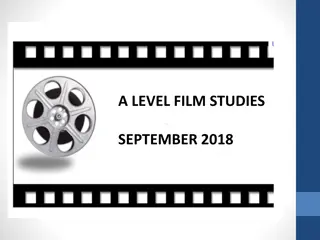Capstone Research in Thin Film Growth
Research on thin film growth, surface physics, sensor technology, and resistivity modeling. Explore Scattering Models, Conductivity of Thin Metal Films, and Cu Film Resistivity vs. Thickness.
Download Presentation

Please find below an Image/Link to download the presentation.
The content on the website is provided AS IS for your information and personal use only. It may not be sold, licensed, or shared on other websites without obtaining consent from the author.If you encounter any issues during the download, it is possible that the publisher has removed the file from their server.
You are allowed to download the files provided on this website for personal or commercial use, subject to the condition that they are used lawfully. All files are the property of their respective owners.
The content on the website is provided AS IS for your information and personal use only. It may not be sold, licensed, or shared on other websites without obtaining consent from the author.
E N D
Presentation Transcript
Student Capstone Research in Thin Film Growth Dennis Kuhl
Understanding the Physics of Surfaces vacuum atom in bulk near-surface atom Sensor technology Tribology and lubrication Miniaturization of electronics
Persson Volokitin Scattering Model e- e- - e - e Specular Scattering - clean surface Diffuse Scattering - caused by randomly distributed adsorbates relates widely varied adsorbate-induced physical phenomena to a modification of the metal's surface electrical conductivity a) resistivity change b) reflectance change R R c) atomic scale friction d) antiabsorption resonances
Past Research Has Focused on Film Growth and Resistivity Modeling Eric Reed Chuck Flanagan Meredith Rogers Daniel Stanley Xi Wang Shaojie Zang Laura Carpenter
Klaus Fuchs The Conductivity of Thin Metal Films According to the Electron Theory of Metals, Proc. Camb. Phil. Soc. 34, 100 (1938). Police Photograph
Klaus Fuchs The Conductivity of Thin Metal Films According to the Electron Theory of Metals, Proc. Camb. Phil. Soc. 34, 100 (1938). Spied on British for Soviets Spied on the US for British Spied on US for Soviets Convicted of espionage in Great Britain in 1950 Given maximum sentence of 14 years Police Photograph
Fuchs Sondheimer Scattering Model Matthiessen s Rule: 1 1 = 1 + B S p = specularity parameter = fraction of conduction electrons that scatter specularly from the surface 3 l ( ) = + 1 1 o p 0 eff 8 t
Cu Film Resistivity vs. Thickness 5.5E-07 5.0E-07 Resistivity (Ohm*m) 4.5E-07 measured model 4.0E-07 3.5E-07 3.0E-07 2.5E-07 2.0E-07 1.5E-07 bulk resistivity 1.0E-07 5.0E-08 0.0E+00 22 23 24 25 26 27 28 29 30 31 32 Thickness (nm) From D. Stanley Capstone From this fit: 3 l ( )( = + 1 1 o p ) 0 eff 8 t t 0 t0= 23 nm p = -1.5
2 X-ray Diffraction Tel-X-Ometer from Tel-Atomic Can determine ordering perpendicular to the crystal face
Bulk Polycrystalline Cu XRD Scan From L. Carpenter Capstone
150 nm Au (111) XRD Scan From L. Carpenter Capstone
65 nm Cu on Si (100) etched 2 minutes in 2% HF From L. Carpenter Capstone
212 nm Cu on Si (100) etched 10 minutes in 2% HF From L. Carpenter Capstone
Conclusions Resistivity vs. thickness data by itself is not a sufficient measure of the quality of films. None of the Cu films studied by XRD provided good evidence for epitaxy. The thickest Cu film showed evidence of polycrystalline growth. Surface physics research can be conducted in an undergraduate setting.
Conclusions Resistivity vs. thickness data by itself is not a sufficient measure of the quality of films. None of the Cu films studied by XRD provided good evidence for epitaxy. The thickest Cu film showed evidence of polycrystalline growth. Surface physics research can be conducted in an undergraduate setting. Future Work: Repeat the study using 10% HF.
Methyl Group Future Work at MC S Au Thioether adsorption on Au(111) films Au films commercially available Au easier to deal with in vacuum than Cu Thioethers adsorb/desorb easily Thioethers present a whole class of interesting adsorbates to test. Alkane Thiols could be a related, additional class of adsorbates.
Thanks to All the students who have completed projects in the lab; Department and college colleagues; Roger Tobin for hosting a visit to his lab; The Rickey family for incredible generosity.
